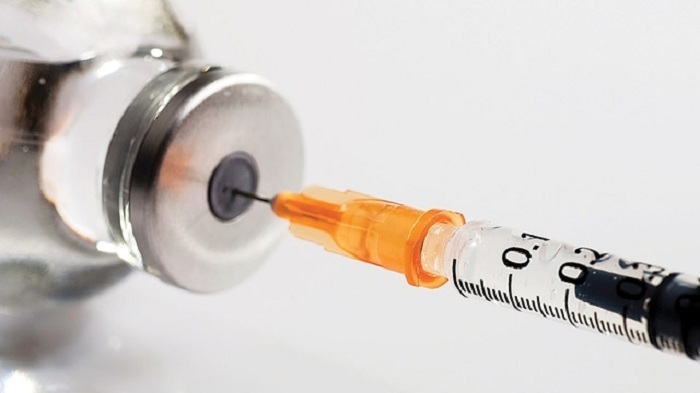South Africa launches major new trial of AIDS vaccine

"If an HIV vaccine were found to work in South Africa, it could dramatically alter the course of the pandemic," Glenda Gray, president of the South African Medical Research Council, said Wednesday at one of the test clinics in Soshanguve township outside Pretoria. The council is helping run the study.
Developing a vaccine against the virus that causes AIDS is one of science`s greatest challenges, and the field is littered with failures. Better medications have greatly improved survival for many people, turning the virus into a chronic disease rather than a quick killer. But there is no cure, and there still are a million AIDS-related deaths a year.
The new study is based on the only vaccine attempt ever to show even marginal effectiveness, in Thailand in 2009 - a two-vaccine combination that cut the risk of HIV infection by 31 percent over 3½ years. That wasn`t nearly effective enough to use outside of research, but scientists immediately started trying to modify and improve that combination.
A small safety test in South Africa earlier this year showed that the modified vaccine combo was promising enough for a major study to probe if it really works.
The new vaccine aims to provide "greater and more sustained protection," Mookho Malahleha, a researcher involved in the project who was at the Soshanguve clinic.
The new study, funded in part by the U.S. government`s National Institute of Allergy and Infectious Diseases, will enroll 5,400 sexually active men and women between 18 and 35 at sites across South Africa. Volunteers for the study will be randomly assigned to receive either five vaccine injections over a year or five placebo shots.
Results are expected in 2020. Participants who become infected with HIV will be referred to local medical providers for care and treatment and will be counseled on how to reduce their risk of transmitting the virus.
People cannot be infected through the vaccine.
The vaccine combination consists of two experimental shots - ALVAC-HIV supplied by drug maker Sanofi Pasteur, and a protein vaccine supplied by GlaxoSmithKline - that form what`s called a "prime-boost" approach. One shot primes the immune system to attack HIV and another strengthens that response. For the South African trial, the shots were adapted to the most common HIV strain in southern Africa, and scientists added an additional booster dose in hopes of prolonging protection.
South Africa has more than 6.8 million people living with HIV, but the country has had success in rolling out an HIV drug treatment program for 3.1 million people, the largest in the world, according to Doctors Without Borders. Life expectancy in South Africa, which sank as the epidemic grew, has rebounded from 57.1 years in 2009 to 62.9 years in 2014.















































